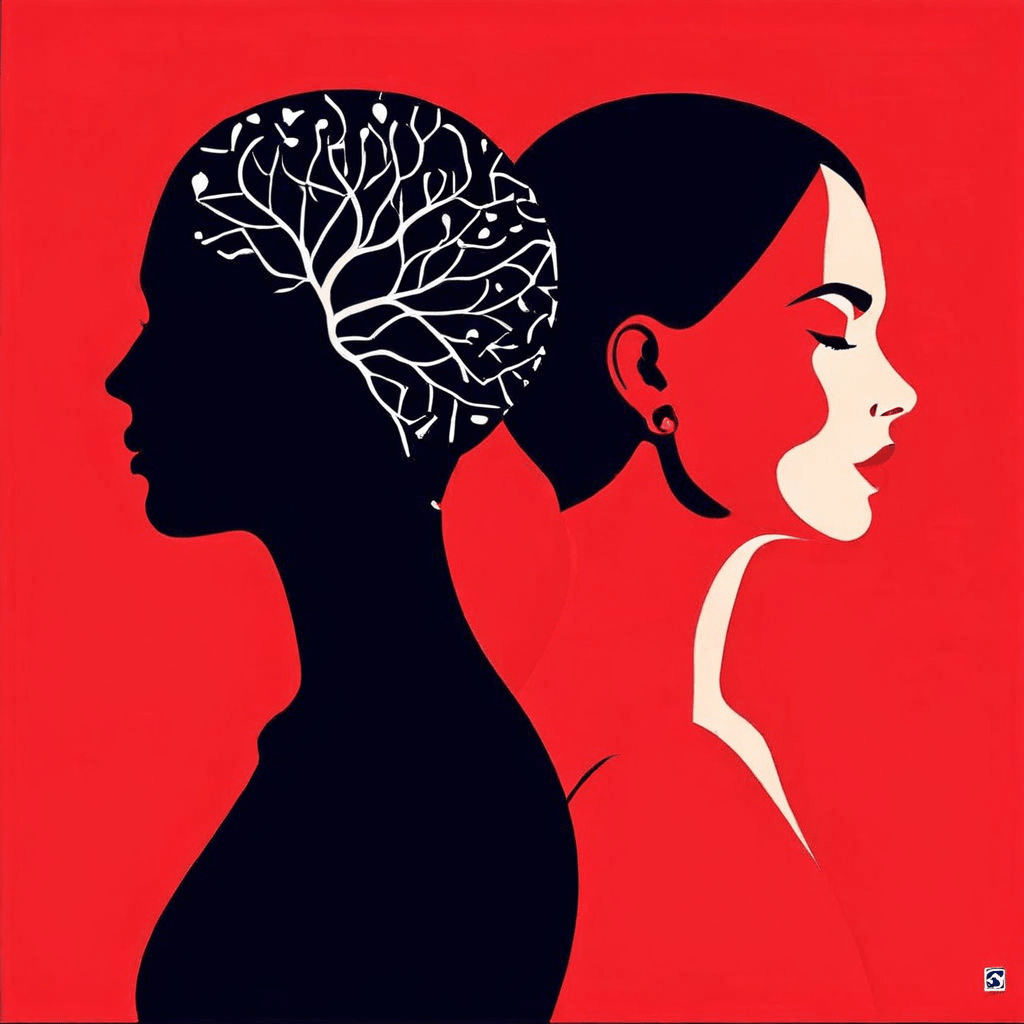The Sexuality In The Human Mind - Will It Change?

Understanding human sexuality is a multifaceted exploration involving attraction, intimacy, and the interplay of biological, societal, and personal factors. As we navigate this complex terrain, it prompts the question: how might our understanding of sexuality evolve in the future?
Biological Foundations:
Biological factors play a significant role in shaping sexuality. Research suggests that brain structures and hormonal balances may be linked to sexual orientation [1]. However, our understanding of these factors continues to evolve as scientific research progresses.
Distinguishing Sex from Sexuality:
It's essential to distinguish between sex, which refers to the physical aspect, and sexuality, which encompasses emotions, attractions, and experiences. Sexuality exists along a spectrum, allowing for a diverse range of identities and desires.
Societal Influence:
Throughout history, societal norms have shaped and sometimes constrained expressions of sexuality. What was once considered taboo may now be accepted, as seen in the growing support for LGBTQ+ rights. This highlights the dynamic nature of societal attitudes and individual self-expression.
The Future Landscape:
Looking ahead, several trends may shape the future understanding of sexuality:
- Increased fluidity: Fixed sexual orientations may become less rigid as individuals embrace fluidity across the attraction spectrum.
- Technological advancements: Innovations in virtual reality and artificial intelligence could introduce new dimensions to sexual experiences, prompting reflection on intimacy and desire.
- Greater acceptance: Ideally, societal progress will continue towards the full acceptance of all sexualities and expressions, fostering a culture of inclusivity and respect.
Conclusion:
Sexuality is a journey of self-discovery that is subject to ongoing transformation. Scientific discoveries, social movements, and technological innovations will undoubtedly shape our understanding. It is crucial to approach the topic with open-mindedness, respect, and an appreciation for the diverse expressions of human sexuality.
References: [1] Nature: "Brain structure changes associated with sexual orientation"



